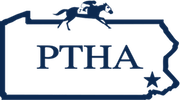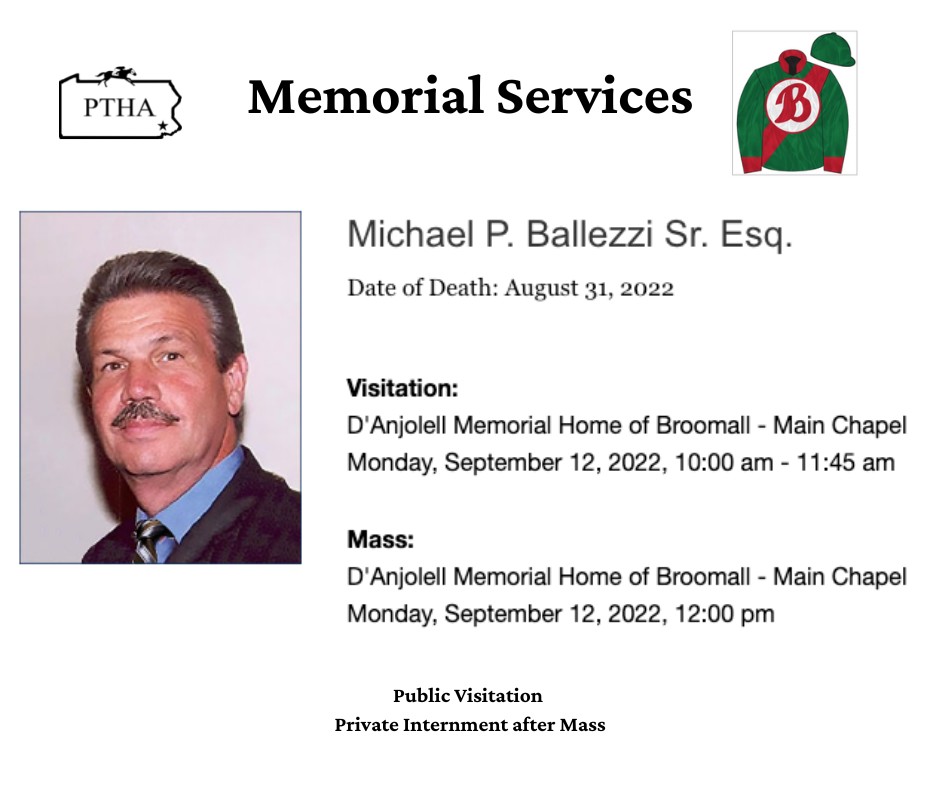Recommended Coronavirus Policies for Maintaining Spectatorless Racing
Recommended Coronavirus Policies for Maintaining Spectatorless Racing
Establish a staff directory of all contacts for key personnel that can be accessed with cell phone numbers and emails. Also include the current management chain of command with names of key personnel.
Establish a list of all on-track and nearby off-track medical facilities.
Understand the definition of essential personnel: employees who are considered responsible for basic minimum services and who are required to work when state services are temporarily reduced due to hazardous conditions.
Understand the definition of nonessential personnel: employees who are not responsible for basic minimum services when state services are temporarily reduced due to hazardous conditions.
Essential personnel may include racing officials as designated by the state, safety staff (ambulance drivers, track maintenance crew,) outriders, pony crew, starting-gate operators, and specialized janitorial staff to sanitize the facility. Essential personnel involved with the care, training, and racing of horses include grooms, hot-walkers, exercise riders, trainers and their assistants, jockeys, blacksmiths, veterinarians, horse dentists, and equine massage therapists. Essential personnel licensed by the commission to ensure horse racing is held in compliance with state statutes and regulations include but are not limited to stewards, placing judges, official chart-caller, photo-finish operator, clocker, and the clerk of scales.
To limit exposure and prevent the spread of germs and disease, no visitors or guests will be allowed to access the backside, racetrack, track apron, paddock, or jockeys’ room. Nonessential personnel are prohibited on the grounds.
Only licensed and credentialed essential personnel will be granted access to the backside, racetrack, track apron, paddock, or jockeys’ room.
Nonessential personnel should be prohibited, including all public service employees (including but not limited to food service, wagering tellers, ushers, and admission staff).
Develop a security team whose members oversee all access control procedures, monitoring, and reporting requirements and ensure all suspected of confirmed cases of COVID-19 infection are properly communicated and documented.
No wagering or food service in the grandstand.
The press box should be closed to everyone except licensed and credentialed essential personnel.
The stable cafeteria may remain open to serve essential personnel while following all state, local, and CDC guidelines and restrictions, including patrons carrying out their food.
All public areas of the grandstand are to be closed, including for morning workouts.
Stable Gate (Entrance to Barn Area) and Backside Security
Only essential licensed personnel are allowed in through the stable gate. This means no visitors or guests, including those who are accompanied by essential personnel.
Establish a health check station(s) where temperatures, symptoms, and names can be logged before being permitted access to the stable area.
There must be multiple health check stations at every accessible access gate/entry for the stable area.
Before being allowed in the stable area, all essential personnel must have their temperatures taken and be found to be afebrile. A log template may be provided.
Establish a color-coded wristband system with a different color representing each day of the week. A colored band must be applied at the health check station and must be worn for the entirety of the day.
Access to any and all not wearing a wristband with the corresponding day’s color should be denied.
Trainers or their responsible personnel are accountable for all their employees to ensure essential personnel have had their temperature monitored and approved and thus are wearing the correct corresponding colored band.
Racetrack management is accountable for all their employees to ensure essential personnel have had their temperature monitored and approved and thus are wearing the correct corresponding colored band.
Backside dormitory and living areas must be monitored routinely for compliance by security team members and assigned racing personnel.
Determine and designate quarantine rooms to be set aside where possible for the sole purpose of providing a safe area to be successfully quarantined, if required.
Security team members will be needed to ensure these rooms are kept fully secured.
All incoming van drivers (provided they are afebrile) must wear a suitable covering (a mask, scarf, or bandana) over their nose and mouth and wear gloves when entering to pick up or drop off horses. Drivers and attendants must have minimal contact with any stable personnel.
All pony personnel must wear a suitable covering (a mask, scarf, or bandana) over their nose and mouth and wear gloves when in contact with jockeys while mounted.
Gate crew personnel must wear a suitable covering (a mask, scarf, or bandana) over their nose and mouth and wear gloves while loading horses in the starting gate and will have no physical contact with any other personnel unless in the best interest of safety.
Suggested Cleaning and Hygiene Protocols
Increase frequency of cleaning/disinfection of all high-risk surfaces (stable equipment, tack boxes, handles, elevator buttons, handrails, countertops, etc.) and all high-traffic areas.
Provide additional hand-washing and/or hand-sanitizing stations.
The working gate crew shall disinfect the starting gate every morning before training, during breaks, after training, and between every race.
Establish designated personnel to disinfect the paddock and saddling area every morning before training, during breaks, after training, and between every race.
Shipping companies’ van drivers should disinfect vans and trailers between each and every trip.
Restricted Access Protocols
The racetrack, track apron, and paddock access will be limited to commissioned licensed trainers and essential personnel who have horses running that day.
No owners, media, or fans will be allowed on the track in order to limit outside exposure.
No guests, with no exceptions.
No assembling of any personnel in any area, and all personnel should practice social distancing.
The walking ring must be closed to everyone other than licensed personnel who are required to accompany their horse to and from the saddling barn or racetrack.
Jockeys will get on their horses as soon as possible and proceed directly to the racetrack for the post parade and warm-up.
The racetrack, track apron, and paddock must remain closed to the public, nonessential personnel, and anyone who has not followed security protocol entry.
A security access log should be maintained by a member of the security team to register who accessed the apron on a specific day.
Access to the Jockeys’ Room and Jockeys’ Room Restricted Protocols
The Jockeys’ Guild should be consulted for organizational established protocols.
Only essential personnel licensed by the state and jockeys scheduled to ride in races will be allowed access to the jockeys’ room.
All jockeys and essential personnel in the jockeys’ room (including valets and the clerk of the scales) will have their temperatures monitored daily. Anyone showing any signs of illness must be denied access to the premises.
Lockers and workstations will be spaced a minimum of the required six feet apart.
All jockeys will be required to wear riding gloves.
Jockeys must be prohibited from any physical contact between themselves and others.
Jockeys are required to leave the jockeys’ room immediately following their last ride.
All sauna and extraneous facilities must be closed. Showers may remain open but will be sanitized frequently throughout the day.
Jockeys should be encouraged to limit travel, and a 14-day mandatory self-quarantine is in effect for all jockeys and personnel who have traveled internationally.
Certain states have similar self-quarantine orders in effect for anyone traveling into the state from another state.












